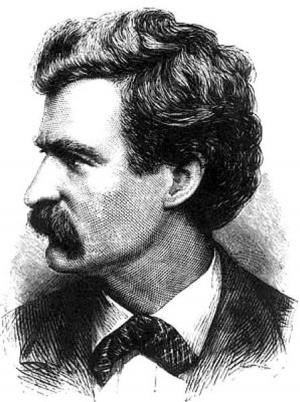Voyages in Search of the North-West Passage
Nonfiction, Religion & Spirituality, New Age, History, Fiction & Literature| Author: | Richard Hakluyt | ISBN: | 9781465539656 |
| Publisher: | Library of Alexandria | Publication: | March 8, 2015 |
| Imprint: | Language: | English |
| Author: | Richard Hakluyt |
| ISBN: | 9781465539656 |
| Publisher: | Library of Alexandria |
| Publication: | March 8, 2015 |
| Imprint: | |
| Language: | English |
Thirty-five years ago I made a voyage to the Arctic Seas in what Chaucer calls Ice floats about us now, and here is a whale blowing; a whale, too, very near Spitzbergen. When first Spitzbergen was discovered, in the good old times, there were whales here in abundance; then a hundred Dutch ships, in a crowd, might go to work, and boats might jostle with each other, and the only thing deficient would be stowage room for all the produce of the fishery. Now one ship may have the whole field to itself, and travel home with an imperfect cargo. It was fine fun in the good old times; there was no need to cruise. Coppers and boilers were fitted on the island, and little colonies about them, in the fishing season, had nothing to do but tow the whales in, with a boat, as fast as they were wanted by the copper. No wonder that so enviable a Tom Tidler’s ground was claimed by all who had a love for gold and silver. The English called it theirs, for they first fished; the Dutch said, nay, but the island was of their discovery; Danes, Hamburghers, Bisayans, Spaniards, and French put in their claims; and at length it was agreed to make partitions. The numerous bays and harbours which indent the coast were divided among the rival nations; and, to this day, many of them bear, accordingly, such names as English Bay, Danes Bay, and so forth. One bay there is, with graves in it, named Sorrow. For it seemed to the fishers most desirable, if possible, to plant upon this island permanent establishments, and condemned convicts were offered, by the Russians, life and pardon, if they would winter in Spitzbergen. They agreed; but, when they saw the icy mountains and the stormy sea, repented, and went back, to meet a death exempt from torture. The Dutch tempted free men, by high rewards, to try the dangerous experiment.
Thirty-five years ago I made a voyage to the Arctic Seas in what Chaucer calls Ice floats about us now, and here is a whale blowing; a whale, too, very near Spitzbergen. When first Spitzbergen was discovered, in the good old times, there were whales here in abundance; then a hundred Dutch ships, in a crowd, might go to work, and boats might jostle with each other, and the only thing deficient would be stowage room for all the produce of the fishery. Now one ship may have the whole field to itself, and travel home with an imperfect cargo. It was fine fun in the good old times; there was no need to cruise. Coppers and boilers were fitted on the island, and little colonies about them, in the fishing season, had nothing to do but tow the whales in, with a boat, as fast as they were wanted by the copper. No wonder that so enviable a Tom Tidler’s ground was claimed by all who had a love for gold and silver. The English called it theirs, for they first fished; the Dutch said, nay, but the island was of their discovery; Danes, Hamburghers, Bisayans, Spaniards, and French put in their claims; and at length it was agreed to make partitions. The numerous bays and harbours which indent the coast were divided among the rival nations; and, to this day, many of them bear, accordingly, such names as English Bay, Danes Bay, and so forth. One bay there is, with graves in it, named Sorrow. For it seemed to the fishers most desirable, if possible, to plant upon this island permanent establishments, and condemned convicts were offered, by the Russians, life and pardon, if they would winter in Spitzbergen. They agreed; but, when they saw the icy mountains and the stormy sea, repented, and went back, to meet a death exempt from torture. The Dutch tempted free men, by high rewards, to try the dangerous experiment.















